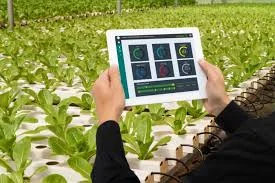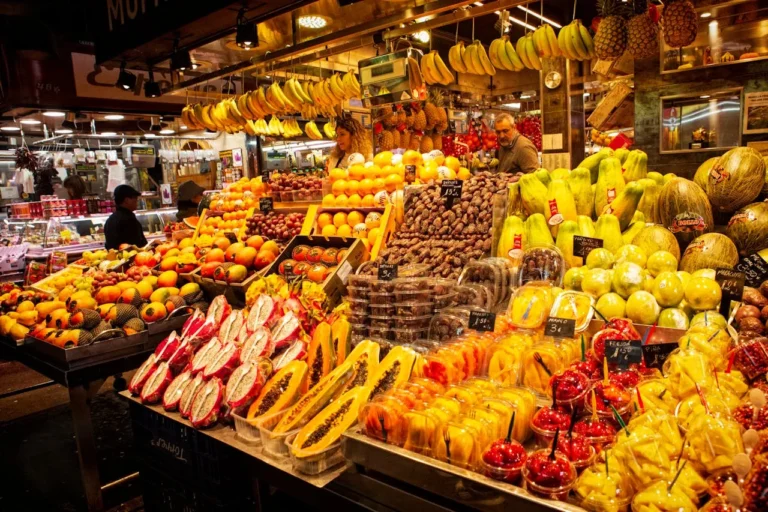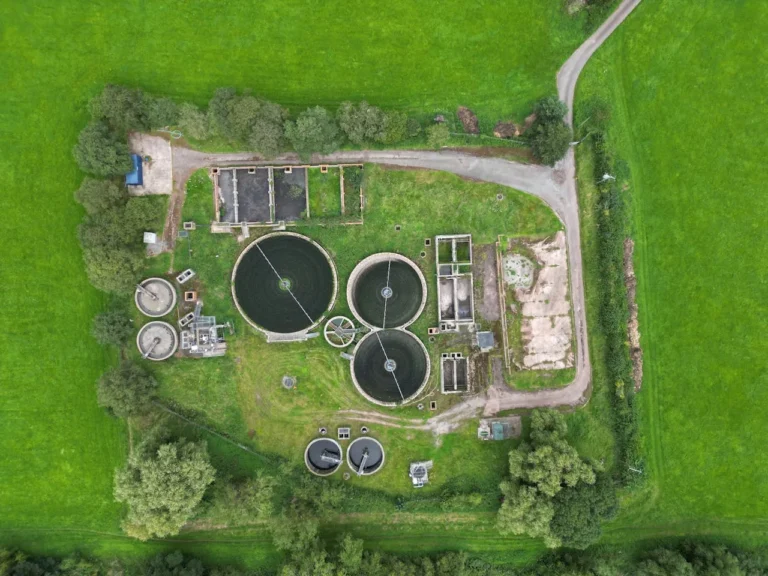
Smallholder farmers across Africa are benefiting from regenerative agriculture through a variety of practices but face challenges in accessing the necessary technology. This conclusion emerged from the second Roundtable of African Farmers, co-hosted by the Pontifical Academy for Life, Bayer, the Global Farmer Network, the World Farmers’ Organization, the African Agricultural Technology Foundation (AATF), and the Inter-American Institute for Cooperation on Agriculture (IICA). The event brought together farmers from sub-Saharan countries such as Ivory Coast, Lesotho, Mali, Nigeria, Kenya, Rwanda, South Africa, Uganda, and Zambia, who engaged in discussions with international policymakers and other key stakeholders. The focus was on creating policies that enable smallholders to widely adopt regenerative agricultural practices and boost food security in Africa.
The participants called for government policies that emphasize outcome-driven, technology-neutral, and evidence-based agricultural solutions. Coupling these policies with enhanced farmer training and support for regenerative practices could significantly improve productivity while benefiting the environment. They highlighted the need for a diverse range of practices and technologies that integrate modern and traditional tools, customized to the farmers’ specific circumstances. Crucially, the farmers stressed that there is no universal solution; approaches must be tailored to local needs.
Debra Mallowah, Head of Africa for Bayer’s Crop Science Division, emphasized the importance of listening to smallholder farmers who produce the majority of Africa’s food: “Today, we have heard how many farmers contribute to the socio-economic and environmental development of the Sub-Saharan region. For these farmers to thrive, the private sector, governments, international organizations, research institutions, and civil society must collaborate to build infrastructure, strengthen capacity, conduct research, and invest in innovations that create an enabling environment.”
Zambian farmer Elisha Lewanika underscored the benefits of regenerative agriculture for soil health and crop yields, recommending practices such as crop rotation with nitrogen-fixing plants and cereals to maintain soil fertility, and reduced tillage to protect soil structure and minimize erosion. Similarly, Matente Kethisa from Lesotho highlighted the importance of soil conservation in addressing climate change: “In my community, soil is the foundation of agriculture. We preserve and improve its quality through crop rotation, mulching, no-till farming, and nutrient management.”
Stella Thomas, a Nigerian farmer, noted the potential of genetically modified (GMO) crops to tackle drought and pest challenges. “Hybrid seeds and open-pollinated varieties are already available, but GMO crops can help us reduce herbicide and insecticide use, enhancing productivity and sustainability,” she said. Meanwhile, Malian farmer Amadou Sidibe shared how greenhouse technology has been effective in mitigating the impacts of climate change: “While heavy rainfall and flooding affected many parts of West Africa, our greenhouses remained unaffected. They also optimize water use during dry spells, utilizing 90% of available water efficiently.”
Despite the benefits of diverse agricultural approaches, smallholder farmers still face significant barriers to accessing the tools needed for regenerative agriculture. These include low public and private research and development (R&D) investment, high upfront costs for modern technologies, limited access to insurance and credit, and inadequate infrastructure. Such constraints hinder the ability of farmers to fully engage in agriculture’s transition toward higher productivity and reduced environmental impact.
To advance regenerative agriculture, African farmers are urging governments to revise policies to improve access to various technologies tailored to their needs. They also recommend that financial institutions provide low-interest loans, grants, and insurance products specifically designed for smallholders, encouraging the adoption of modern technologies and sustainable practices. Expanding education and training through demonstration farms, digital platforms, and extension services is essential. Additionally, increased investment in R&D from both public and private sectors, alongside partnerships between companies, farmers, and research institutions, is crucial to developing region-specific solutions and making both traditional and innovative practices accessible and affordable.
Agriculture supports more than half of Africa’s population and accounts for 35% of its GDP, reaching up to 60% in some countries. Yet, the continent continues to face rising food imports and persistent food insecurity due to low productivity, limited value addition per worker, and small-scale subsistence farming, with an average farm size of just 1.3 hectares. Despite holding 65% of the world’s remaining arable land, only 10% is currently utilized.




